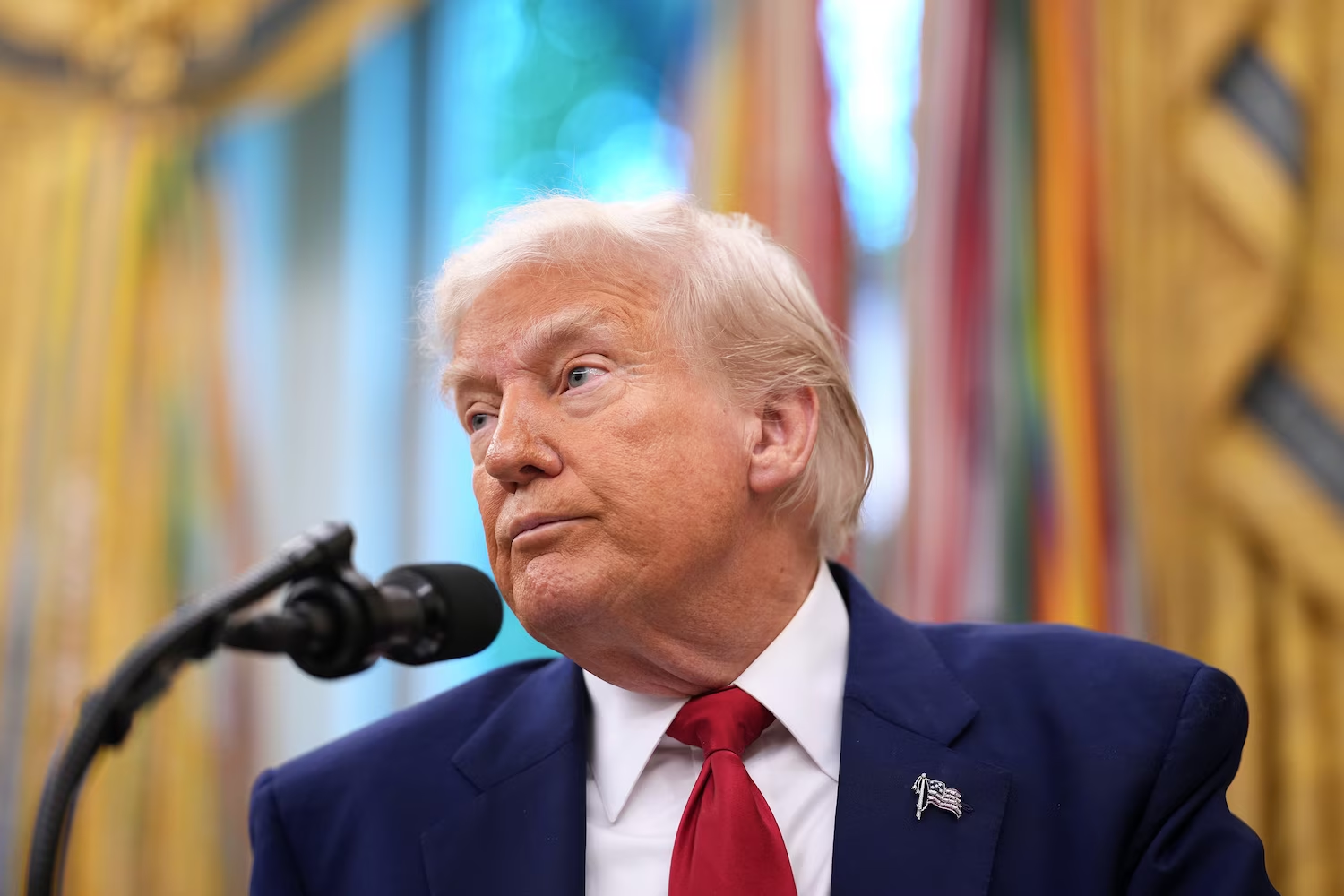The Trump administration announced on Wednesday that it will “aggressively cancel visas” for Chinese students enrolled in American universities, especially those with ties to the Chinese Communist Party (CCP) or studying in “sensitive” fields. Secretary of State Marco Rubio stated that the State Department and the Department of Homeland Security will jointly enforce these new measures, which mark an escalation in the administration’s ongoing efforts to scrutinize foreign students, particularly from China, amid growing U.S.-China tensions.
President Donald Trump Commutes Life Sentence of Notorious Gang Leader Larry Hoover
Protecting National Security and Intellectual Property
Rubio described the policy as part of a comprehensive strategy to safeguard U.S. national security and prevent intellectual property theft—concerns that have intensified alongside trade disputes and accusations of Chinese espionage. “We will also revise visa criteria to tighten scrutiny of all future visa applications from the People’s Republic of China and Hong Kong,” he added, indicating that these restrictions apply not only to current students but also to new applicants.
Targeting Sensitive Fields and Technological Transfer
The policy follows prior Trump administration efforts to curb Chinese influence in the U.S., particularly in technology, artificial intelligence, and biomedical research. Officials have voiced concerns that Chinese students and researchers have been used as conduits to acquire U.S. technology and intellectual property that could benefit China’s military and economic strategies.
While the exact number of affected students is unclear, the move signals a significant tightening of restrictions on Chinese nationals studying in the U.S. Authorities fear that some students may be involved in activities undermining American security, prompting intensified monitoring and visa cancellations.
The Broader Context: U.S.-China Geopolitical Rivalry
This visa crackdown is part of a wider shift in U.S. policy toward China, which has become more confrontational under President Xi Jinping. The U.S. has accused China of multiple security threats, including cyber espionage, intellectual property theft, and unfair trade practices. Beijing has retaliated with tariffs on American goods, bans on U.S. companies, and increased scrutiny of American citizens working in China.
In addition to visa restrictions, the administration has taken steps to block Chinese companies like Huawei from accessing U.S. technology, citing national security concerns. American universities have been pressured to disclose foreign funding sources and increase transparency regarding Chinese involvement.
Concerns from the Academic Community
The new visa policies have sparked concern among university leaders and faculty, who warn that these measures could damage educational cooperation between the U.S. and China—two of the world’s largest economies. Chinese students, particularly in STEM fields, have been vital contributors to cutting-edge research and innovation at American institutions.
Critics argue that the policy may deter Chinese students from studying in the U.S., which could financially impact universities that rely heavily on international tuition revenue. There are also worries that these measures could further strain already tense U.S.-China relations and hamper global academic collaboration.
The Role of Chinese Students in U.S. Higher Education
Chinese students represent the largest group of international students in the U.S., with more than 350,000 enrolled across thousands of institutions, according to the Institute of International Education. Many pursue graduate-level studies in engineering, business, and sciences, playing a key role in America’s research output.
Ongoing Concerns About Influence and Espionage
U.S. officials have expressed particular concern about Chinese students’ involvement in sensitive research areas such as artificial intelligence, quantum computing, and biotechnology, which have critical national security implications. The government also accuses China of “United Front” tactics—efforts to influence Chinese nationals abroad, including students and scholars, to promote Beijing’s political agenda.
Legislation has been proposed requiring universities to disclose foreign funding and affiliations with Chinese entities to combat potential espionage and undue influence.
China’s Response and the Future of U.S.-China Educational Ties
Chinese officials have strongly condemned the U.S. policy, calling it discriminatory and accusing Washington of politicizing education. Chinese diplomats warn that the move risks alienating Chinese students and professionals, traditionally seen as goodwill ambassadors, and accuse the U.S. of weaponizing visa policies for political gain amid broader trade and security disputes.
The U.S.-China relationship remains one of the most defining geopolitical issues of the 21st century. The Trump administration’s stance on Chinese students reflects the broader strategic competition between the two powers as they vie for technological and economic dominance.
Looking Ahead
The aggressive visa cancellations targeting Chinese students raise significant questions about the future of educational exchanges between the U.S. and China. While intended to protect national security and intellectual property, the policy could challenge the vitality of American universities and global academic collaboration.
In the coming months, it will be crucial to monitor how these measures are enforced and their impact on Chinese students and U.S. higher education institutions. Beyond visa policies, political and economic factors will continue to shape the complex educational relationship between these two global powers.

